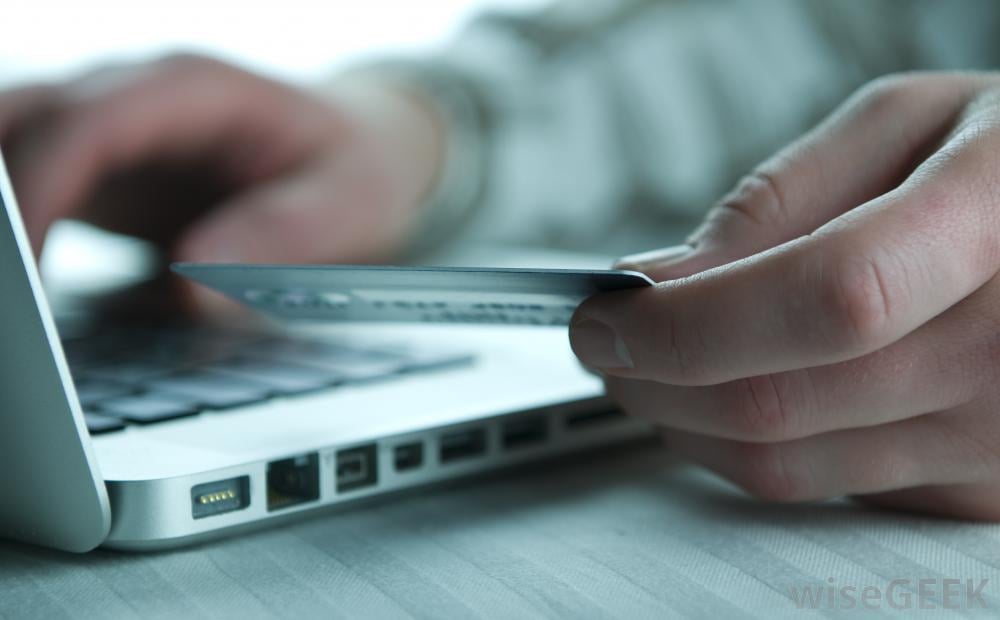OK, so your ends are still meeting, but just barely. You’re praying nothing entailing a large expense happens because you don’t know how you’ll handle it.
The credit cards that seemed like a good idea way back when now have significant outstanding balances and you’re questioning whether or not they really were a smart choice.

To help you get a handle on where you really stand in this regard, let’s take a few minutes to consider some of the signs credit card debt is getting out of hand.
Maxed Out Card(s)
Utilization, or how much of your available credit is currently in use, is one of the metrics by which your credit score is determined. The closer to zero you can keep that figure, the better your score will be. If you’ve used all of the available credit on one or more of your cards, your situation is nearer to getting out of control.
Minimum Payments Are Tough to Make
In a perfect world, you’ll pay off the charges you make each month before the grace period ends and interest charges are applied. Failing that, the next best scenario is making a significant payment each month to lower the balance as much as possible. The slope is slippery and you’re losing traction fast If you’re in a situation in which you can barely afford to make the minimum payments on your debt each month.
You’re Borrowing to Pay Bills
If things are so tight you’re using one credit card to pay another one — or worse — your rent or mortgage, it’s definitely time to seek professional help. Consulting a debt settlement firm along the lines of Freedom Debt Relief can help you develop repayment strategies based upon your income and your individual circumstances to get your finances back under control.
Debt Increases Each Month
As you may have by now surmised, your goal should be to reduce your debt each month rather than grow it. If you’re carrying a balance from month to month, your indebtedness will increase as a result of the interest charges applied to what you owe. If you’re helping that along by adding more charges every month, trouble is brewing.
You Have No Emergency Fund
Personal finance experts recommend having at least six months of household expenses set aside in a liquid reserve to cover an interruption in your income. In other words, you’ll have at least six months of bill money to tide you over if you lose your job.
This emergency fund can also be used to cover unexpected medical expenses or pay a deductible if you have an auto accident. The whole idea is to have cash on hand to help you weather storms without going into debt. If you don’t have it and something happens, you’ll have to fall back on your credit cards.
However, when the cards are already maxed out too—
The Bottom Line
Your credit card debt is getting out of hand if any of these conditions have arisen in your life. Any little push could tip you over the edge into bankruptcy when things are this precarious. With that said, if you’re feeling bad about it, try not to do so. The vast majority of Americans are carrying some form of debt.
The good news is there are things you can do to reverse the situation. Credit counseling, consolidation loans, balance transfers and debt settlement are among the ready solutions available to you before even having to consider bankruptcy.
The key is to regain control of your money so debt doesn’t define your life.